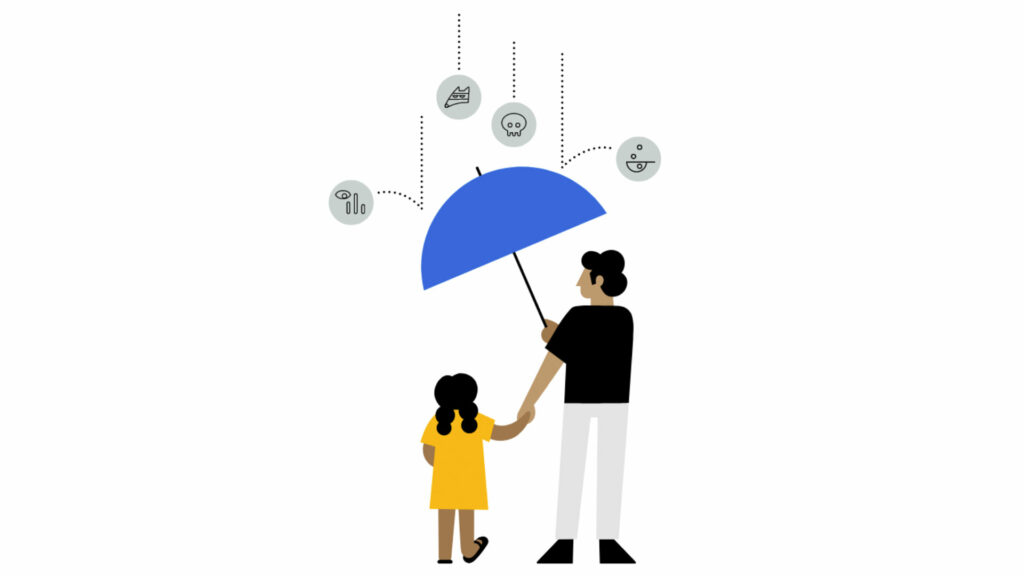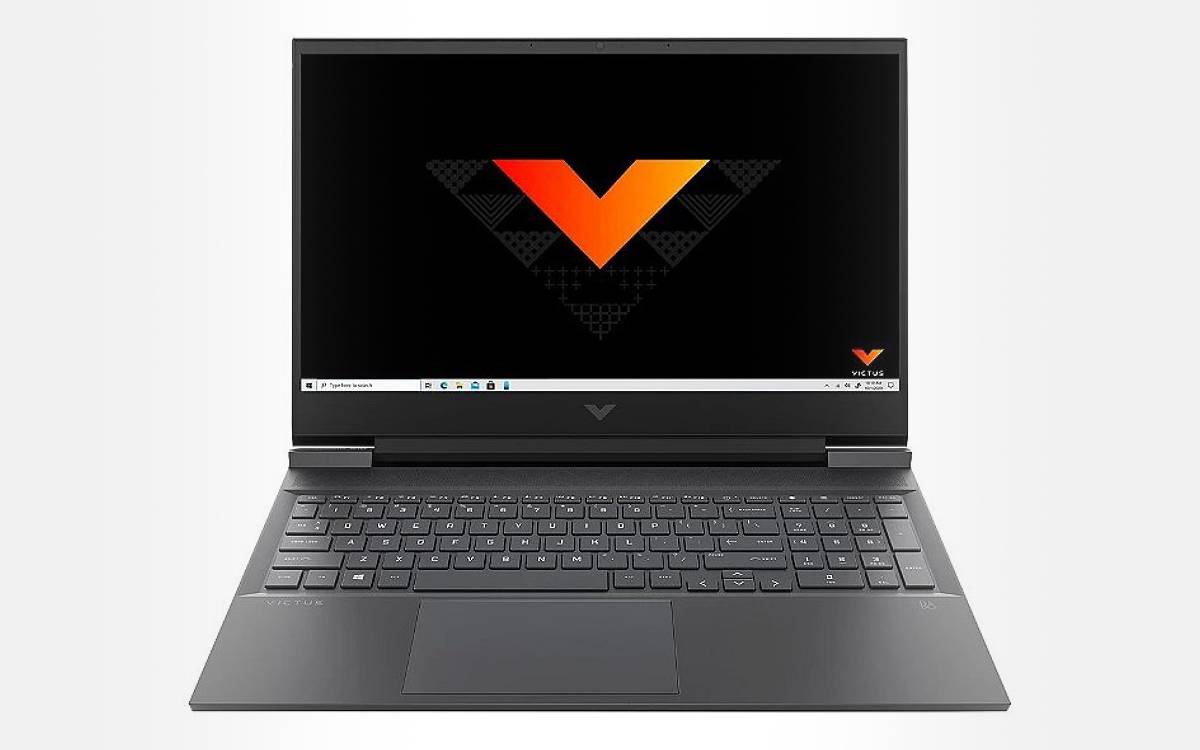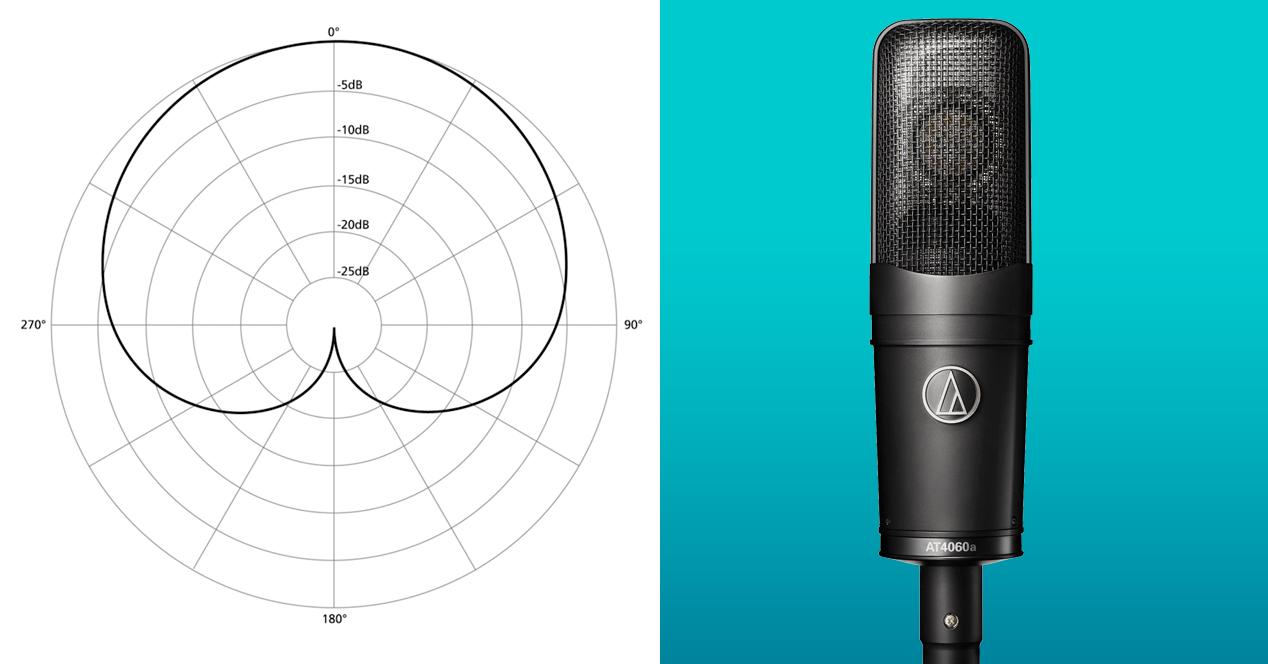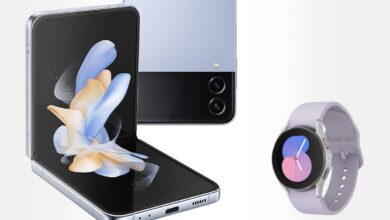
Being able to install any app on your iPhone is a bad idea, according to Apple. The company has just published a long report that explains why opening its operating system to third-party application stores would pose a risk to everyone’s privacy. A report which also underlines, in hollow, the philosophical differences that Apple establishes between its iPhone and its Macs.
Apple says it and says it again, the sideloading on iOS it’s out of the question. This method of installing applications that do not come from the App Store is, according to the company, a huge risk for privacy (in addition to being a security problem as it explained a few years ago). weeks).
Hacking applications, espionage, ransomware …
This is what seeks to prove a new report of fifteen pages published by Apple on June 23, 2021. Entitled ” Building a secure ecosystem for millions of applications ”, The document discusses the security problems that could cause the opening of iOS to third-party application stores. ” Allowing sideloading would encourage a whole bunch of players to invest in order to weaken iOS […] This upsurge in attacks would put all users at greater risk, even those who only download apps from the App Store. », Specifies the introduction of the document.

Pirate applications that do not bring anything back to the development team, malicious applications that listen to you or come to steal your data, applications that block your phone and demand a ransom… The list of risks presented by Apple is long. And on paper, it’s hard not to agree. Android, despite constant efforts from Google, remains more affected by malware and other malicious software than iOS. The Internet is full of little too curious software, opening the operating system of the device that follows you everywhere, every day, to this kind of risk is delicate.
But in practice, the situation is a little different. First of all, we must not forget that Apple has just emerged from a long lawsuit against Epic Games, the verdict of which is still awaited, but which was discussing exactly this subject. Secondly, the Digital Market Act in preparation in Brussels wants “ ensuring fair and open digital markets », Which also worries Apple, which fears it will be forced to open its system to alternative application stores because of this new regulation. The timing is therefore not perfectly innocent.
Variable geometry rules
And beyond communication issues, Apple also establishes variable geometry rules for its ecosystem. Macs, for example, don’t have to install all of their apps from the App Store. Any executable found on the web can be installed on your system if you put some of your own in it. Why make this difference then?
According to an Apple representative, this is because computers are different machines than iPhones. Different first of all because their owners traditionally install fewer programs there (and therefore take less risk of downloading infected software). Different too, because they travel less with us and therefore represent a lower risk to your privacy, adds Apple.
But above all, according to the manufacturer, iOS offered the possibility of ” make a clean sweep Of what was done before. By centralizing application distribution, Apple could reduce security and privacy risks. It’s a new way of thinking about software distribution, the opposite of what was done before, where you could go find any software on the Internet and install it on your machine. For Apple, the iPhone is not a computer like any other. The device, as well as its users, must be supervised by more stringent protections.
This is not the first time that Apple has made this distinction. During the lawsuit between the company and Epic Games, Craig Federighi (senior vice president of software engineering at Apple) explained this in clearer terms. ” The Mac is a car. You can take it off the road if you want, you can drive anywhere you want. […] There is a certain level of responsibility expected. With iOS, you buy something where kids can use the device and feel safe. It really is a different product Pointed out the manager.
The benefit / risk balance
The iPhone is obviously a different product from the Mac, but opposing these two visions of computing is a difficult argument to make today. First from a technological point of view since the iPhone IS a computer with a processor, RAM, storage memory. On paper, an iPhone is not that different from a Mac (especially since the brand’s machines run under the same ARM architecture as the iPhone). From a purely philosophical point of view suddenly another question arises: why, while I bought these two machines, one offers me less freedom than the other?
How far should we restrict freedoms to create a viable operating system?
Of course, the reasons mentioned by Apple are understandable. The risks of opening iOS to the four winds of the web are numerous and by exercising strict control over its Apple App Store can deploy features such as blocking ad tracking in a hyper-efficient manner. But it is possible, as Google or Microsoft already does, to minimize these risks by complicating the installation of software from untrusted sources or by performing ad hoc scans to ensure that no application is behaving malicious. Giving users a choice also means making the decision to empower them and teach them that, like on Windows, macOS or Android, installing software from a dark corner of the Internet is not necessarily a good idea. idea on his phone either.
To put it more simply, how far should we restrict freedoms to create a viable operating system? This is the painful question that the American justice and the Brussels administration will have to answer. We understand why Apple goes out of its way.



